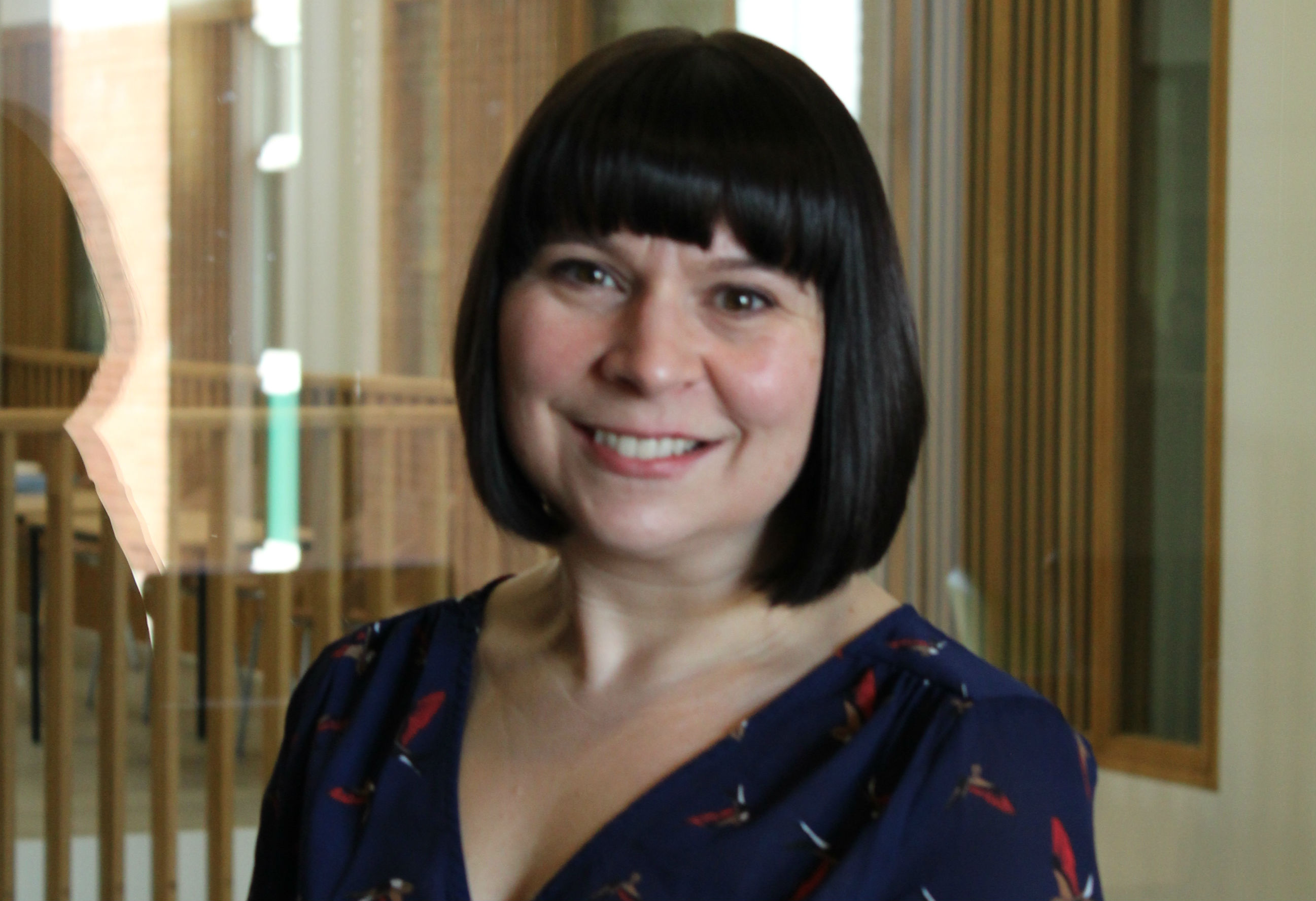Asking the Chair of Council: How should registrars change in these changing times?
Registrars need to change in these changing times. Mike Shore-Nye, Registrar and Secretary at the University of Exeter, speaks to his Chair of Council, Sarah Turvill, to gain insights on how we can best adapt to the challenges of COVID-19.


New insights, new voices
This is a time of intense change for our sector.
And as such, I adopted a new approach for my recent blog posts.
Rather than reflect on my experiences as Registrar, I chose to gather new insights for your attention. I sought the voices of those who oversee, govern, or experience professional services.
My previous blog posts in this series feature interviews with our Vice-Chancellor and Provost.
For this final post, I have interviewed our Chair of Council, Sarah Turvill.
Asking the Chair of Council
Sarah has been our Chair for the last nine years, after a hugely successful career as Chief Executive of a global insurer. She has been instrumental in supporting the institution’s growth and success.
Sarah recruited and developed a fantastic, diverse, and committed governing body. She also recruited our new Vice Chancellor, Lisa Roberts, as successor to Sir Steve Smith.
And of course, some five years ago, she recruited yours truly: your correspondent from the front line of registrarism during the pandemic.
I began the interview once again with a simple request for honest, open, and personal reflections on what Sarah sees as the current challenges facing registrars in these unprecedented times.
I hope that her responses give you as much food for thought as they gave me.
In your opinion, what do you see as being the key attributes and skills for an effective registrar?
- Showing resilience – Always keeping calm in a crisis and never panicking. The Registrar should lead by example, and focus on the solutions to problems rather than let problems control the situation.
- Recognising potential – Appointing the very best people, and developing their skills. Having confidence to delegate, without constantly looking over their shoulder or micro-managing.
- Collaborating widely – Being a good team player, working with other parts of the leadership to achieve the best for the university, rather than simply having a Professional Services view or agenda.
- Embracing transparency – Remaining open and honest about decisions and challenges, no matter how hard, to increase trust and engagement.
What are the most important things a registrar should be concentrating on during the pandemic?
- Health and safety – Prioritising the organisational focus on, and delivery of, the Health and safety of staff, students, and everyone on campus. This must be the overriding priority for both moral and reputational reasons.
- Secure working environment – Working in partnership with staff and trade unions to help them co-create a COVID-secure environment. Offer everyone the confidence they need to return to campus at the right time.
- Engaging with students – Ensuring they know how to be safe. Involve them in decisions that need to be made to keep themselves and the university community safe.
- Process and protocols – Liaising with the various colleges and services to ensure they are having their own conversations about a safe return to campus. Systems, processes, and protocols must be robust and consistent.
- The governing body – Making sure the governing body are fully aware, involved, and onside for the decisions being taken about operations during the pandemic.
What do you think the key challenges will be, as we move from the current stage of the pandemic to the medium and longer term?
- Capturing best practice – Embracing and capturing the positive changes in operations, and the innovations shown in delivery of digital services, that the pandemic has forced us to adopt.
- Embedding newfound agility – Building on the speed and agility in how we can now manage universities. Drive the actions that are needed to maintain that energy and readiness for successful change amongst academic and Professional Services colleagues.
- Progressing blended teaching – Think through how blended teaching can continue. Consider how it can maximise the development of our students, and enable us to be ready for anything the new digital world has to throw at us.
- Keeping it simple – The pandemic required us to make quick decisions and find simple governance solutions to help us deliver them. The less bureaucracy the better.
Looking forward
As ever, in my experience, our Chair of Council has provided me with constructive challenges and food for thought.
Now, we look forward to a time when the vaccination programme has done its work, and the world returns to normal. Before that happens, we must move quickly to capture the lessons learnt from the pandemic.
We must ensure that our institutions benefit from all that we have been through, as the truly learning institutions that we aspire to be.
Mike Shore-Nye is the Registrar and Secretary at the University of Exeter.
Related Blogs



